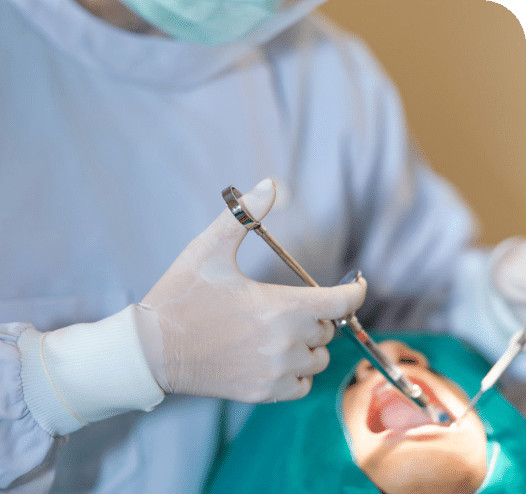
The first is called a topical anaesthetic, which is swabbed over a small area on the surface of your mouth or gums. In most cases, this is used to numb the area where the dentist plans to inject the other kind of local anaesthetic. The injectable anaesthetic is what we rely on to keep you comfortable and pain-free.
One well-known side effect is a temporary rapid heartbeat, which can happen if the local anaesthetic is injected into a blood vessel. One of the chemicals used in the local anaesthetic injection, epinephrine, can travel directly from the blood vessel to the heart. You may also know epinephrine by its other name: adrenaline. It is a naturally occurring substance in your body that can rapidly increase your heart rate. The fast heartbeat it causes can be alarming, but it is not dangerous and should return to normal in a matter of seconds.
The numbness from local anaesthesia will take a couple hours to wear off, which may inhibit proper speaking and eating. After your appointment, you’ll need to be careful about biting and chewing—you could bite your tongue or cheek and not feel it! You may also experience temporary swelling or drooping of parts of your mouth or face. Some patients find themselves unable to blink, though this is not something to worry about. The dentist can tape your eye shut so it won’t dry out. You’ll be able to blink normally again as soon as the anaesthetic wears off.
"*" indicates required fields
At Grand Village Dental, it’s the mission of our caring team to provide the highest level of convenience and personalized care for your entire family.